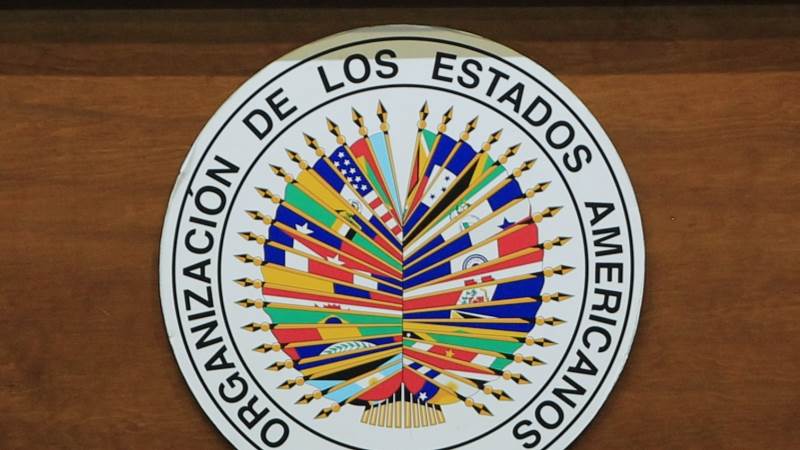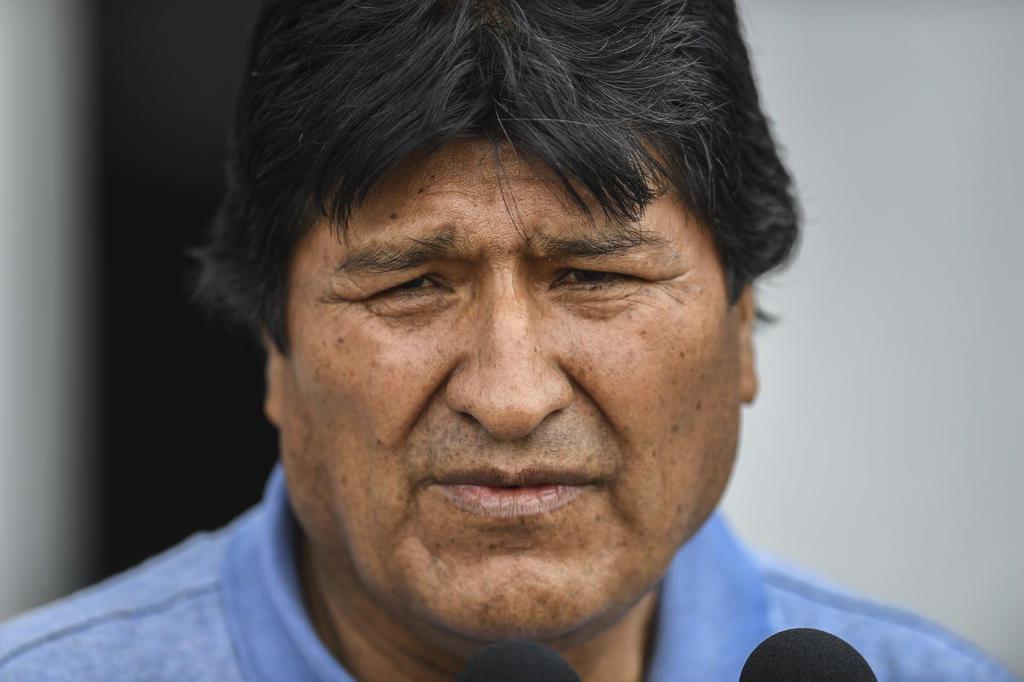RIO DE JANEIRO, BRAZIL – An investigation by two experts from the Massachusetts Institute of Technology (MIT) has caused a stir, as they claim there were no grounds for the Organization of American States (OAS) to state that fraud was involved in the presidential elections in Bolivia last October.

According to an assessment by the OAS, the right-wing opposition in Bolivia mobilized against the re-election of Evo Morales, encouraging the military to force the legitimate president to resign. Morales and members of his government were forced into exile by threats. Since then, an interim government has been in power, led by de facto President Jeanine Áñez.
An article in the US daily newspaper The Washington Post now reported on an investigation by MIT’s Election Data and Science Lab, according to which some 1,000 runs of methodologically sophisticated statistical simulations made it “highly probable” that Evo Morales exceeded the ten percent difference in votes against those of the second-placed right-wing candidate. According to Bolivian electoral law, this difference is required to rule out a second round of voting.
“There seems to have been no statistically measurable difference in the margin before and after the suspension of the preliminary quick count,” confirm the researchers from the world’s leading institute, John Curiel and Jack R. Williams, in their report.
In the October 20th, 2019 elections, a first quick count was interrupted for several hours – according to the country’s electoral authority, it was due to technical issues. Before this interruption, President Morales’ lead over his strongest challenger, Carlos Mesa, was less than ten percent, which would have meant a second round vote. After the count was resumed, Morales had a lead of over ten percent.
The scientists now confirm this result. “Morales had a lead of at least 10.49 percent over his challenger, Carlos Mesa.” The increase in votes for Morales after the break could be “fully explained by the votes already cast”.
Experts in the country had already pointed out that the higher increase in Morales’ votes at the end of the count merely reflected the politician’s stronger base in rural areas, the results of which came in later. The MIT study harshly criticizes the OAS statements, claiming their conclusions were “deeply flawed”.

After leaving former inquiries from scientists unanswered, the OAS reacted fiercely when the study was released. In a statement, the OAS relied on “evidence of deliberate acts” to rig the elections, “serious irregularities such as a lack of protection of the election documents”, a “significant number of errors” and “blatant foul play”.
The highly respected scientists describe the explanation as “individuals who consider themselves scientists and specialists in electoral processes”. Moreover, the European Union, which also had election observers on the ground, shared the OAS assessment of “electoral fraud”.
The ousted president of Bolivia has already commented on the Washington Post article. The investigation is “further proof of the monumental heist committed by [Carlos] Mesa, [Jeanine] Áñez, [Luis] Camacho and [Luis] Almagro against all Bolivians,” Morales wrote on Twitter.
Meanwhile, the Mexican government has called on the OAS to explain the “shortcomings” in its review of the Bolivian elections. “Our representative to the OAS will formally request that a third party carry out a comparative examination of the two studies and clarify the discrepancies between them,” said Roberto Velasco, a spokesman for the Mexican Foreign Ministry.
“In view of the study’s findings, which call into question the OAS’ analysis and the statements of its Secretary General, Luis Almagro, we believe that the organization should clarify and explain the shortcomings in its report that were made public by these two researchers,” Velasco affirmed.

